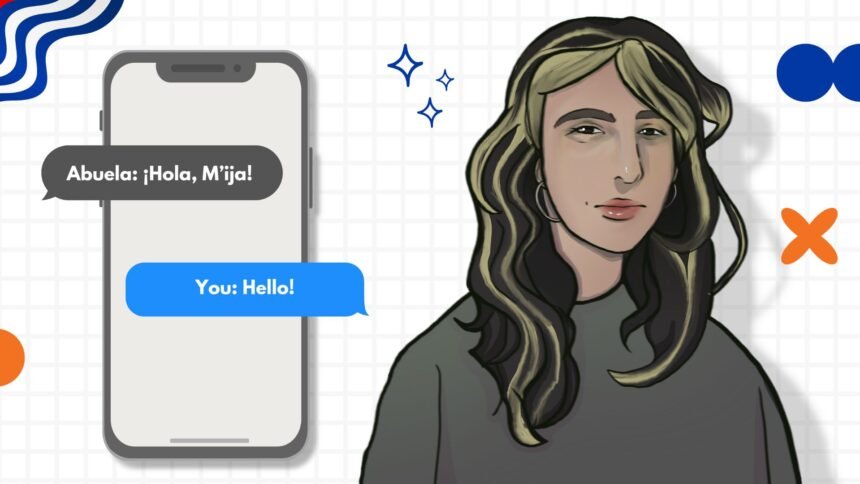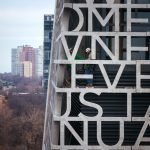In the United States, most people can trace their roots back to distant corners of the world.
Though time may separate us from our ancestors, their legacy remains woven into our lives. It endures in the food we cook, the music we listen to and the holidays we celebrate.
Yet as generations pass, the ties that connect us to our ancestral homelands begin to blur.
In my case, all four of my grandparents migrated from Cuba to the U.S. between the 1960s and 1970s. My parents were the first generation in my family to be born outside of Cuba—my father in South Florida and my mother in the suburbs of Los Angeles.
Even though both are bilingual and faithful to their roots, I was raised the American way—with barbecue gatherings, pop music, Saturday night sitcoms and mostly English in the house.
Growing up in Miami, I lived at the crossroads of American and Latin culture. I often felt trapped between these two worlds, each competing for dominance in my identity.
My family traditions are a blend of the two cultures—we celebrate Noche Buena with both hot chocolate and roasted pig. I had a quinceañera party, but only one Spanish song was played the entire day.
As I became accustomed to this lifestyle, everyone looked at me with disillusionment, claiming that I should live “closer to my roots,” and that overwhelmed me with frustration.
Oftentimes I feel “not Hispanic enough” to relate to my peers or my family. In every encounter where I don’t understand a Spanish phrase, or don’t know about Cuban culture, I’m dismissed as “just an American.”
Today, cities like Miami thrive in the abundance of Hispanic culture, where its presence and influence is more than visible.
In every corner of the city, the scent of Latino cuisine lingers and Spanish rhythms echo throughout the streets. This cultural fusion has become integral to its spirit.
Despite being a member of that community, I often feel like I don’t belong.
Cultural disconnection becomes a quiet barrier—one that separates us from both our past and our future, ultimately leading to a sense of alienation from society.
The truth is, while some traditions are lost in the passage of time, having more exposure to a different culture doesn’t make you less of your own.
Every family has their interpretation of traditions, and each individual expresses their beliefs differently. No one gets to decide whether someone is Hispanic enough to embrace the culture of their lineage.
Being Cuban isn’t about how fluent you are in Spanish, or how attached you are to the past. It’s about your relationship to social values and heritage, and that doesn’t need to be measured or proven to anyone.
We can always shape our own identity and move forward while honoring our roots.











